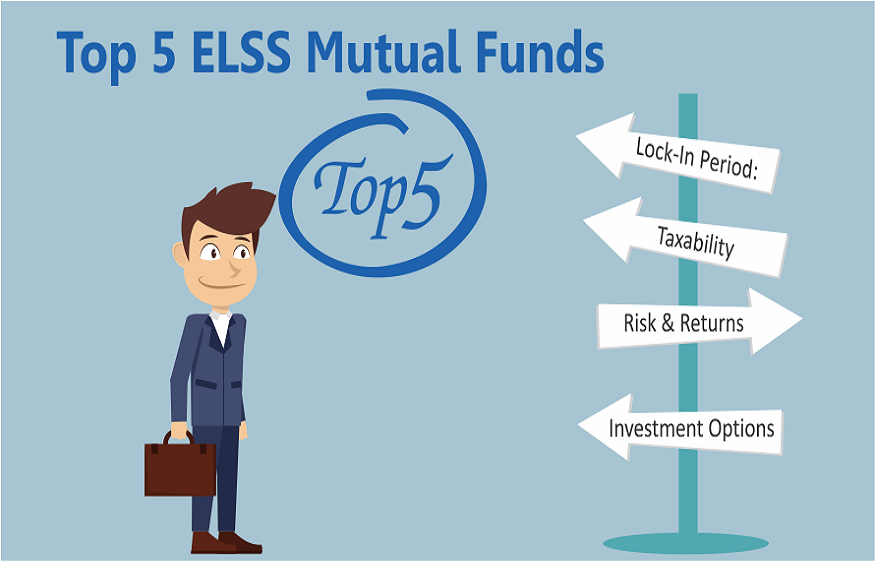
Claim Full Benefit Of 80C By Investing More Than 1.5 Lacs In ELSS Mutual Fund
The ELSS fund is one of the most important choices for Section 80C tax savings. This equity mutual fund, which offers a return under Section 80C of the Income Tax Act, was created specifically to serve tax-saving needs. Although it has a 3-year lock-in time, this is still appealing compared to other products with substantially longer lock-in periods, such as long-term FDs, PPFs, and ULIPs.
How do ELSS Mutual Funds work?
Diversified equity funds include ELSS Funds. According to their investing goals, these funds invest primarily in a predetermined percentage of listed company equities. Market capitalization and industry sectors are taken into consideration when selecting the companies.
Over the long term, these funds seek to maximize wealth appreciation. The fund manager selects equities to produce the best risk-adjusted portfolio returns after conducting a thorough market analysis.
Benefits of ELSS
Shortest
Compared to other tax-saving vehicles under Section 80C, the lock-in period for ELSS is the shortest at 3 years.
Larger potential returns
Returns from ELSS mutual funds are much higher than those from other tax-saving instruments because they invest in equity markets.
Favourable post-tax returns
lakh are subject to a 10% tax.
Enables one to accumulate money
You can coordinate your ELSS investments to help you reach goals at various phases, such as saving for retirement, a child’s education, a car, or a down payment on a home.
What are the Tax Benefits under Section 80C of the IT Act?
The taxpayer may deduct taxes from their gross income under Section 80C of the Income Tax Act. People who own ELSS funds may deduct up to Rs. 1.5 lakh from the amount they invested in the ELSS fund. The IT Act’s Section 80C allows taxpayers to deduct various investments.
However, taxpayers can also put their money solely into the ELSS fund and still receive the benefits. The maximum amount that can be deducted annually under Section 80C of the Income Tax Act is Rs. 1.5 lakh.
Why Should You Choose ELSS Funds To Save Tax?
It would help if you thought about investing in an ELSS fund for the reasons listed below:
- The lock-in period is significantly shorter than PPF, NSC, and bank fixed deposits.
- You can choose a SIP investment to strengthen your current investing routine.
- If you choose a dividend plan, you will be able to receive income from your investment during the lock-in period.
- When compared to returns produced by other assets, stock markets offer higher returns over the long term, which is why ELSS invests in them.
- Earning an ELSS dividend is tax-free.
- TDS does not apply to the amount paid at the moment of redemption or to the received dividend.
- Additionally, capital gains from ELSS funds are not subject to tax at the time of redemption. However, a 0.001% Securities Transaction Tax would be applied to the entire redemption value.
- With ELSS funds, you can choose between the ELSS Growth Option, the ELSS Dividend Option, and ELSS Reinvestment Option.
Conclusion
Most people begin their tax planning in the last quarter of the fiscal year. You risk making a poor investment decision if you put off tax planning. Planning for taxes should ideally start at the start of the fiscal year. This gives you more time and lets you stay involved for longer. You can fast attain your financial objectives by carrying out this action each year.


